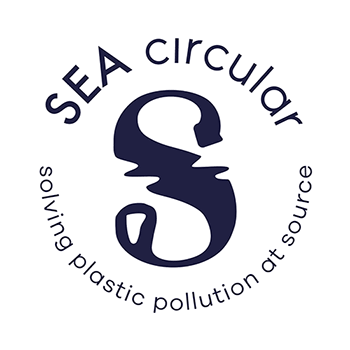
Regional Guidance on Harmonized National Marine Litter Monitoring Programmes
Bangkok, 21 March 2022
Pollution of the world’s oceans by plastic and other anthropogenic solid waste is a transboundary problem. Plastic production, and the consequent loss of plastic solid waste to the environment is growing through time, which is reflected in the growing amount of
‘marine litter’, predominantly plastic, on the ocean’s surface.
The aim of COBSEA Regional Guidance on Harmonized National Marine Litter Monitoring Programmes is to strengthen national monitoring programmes building on existing capacities and priorities as identified in the Regional Action Plan on Marine Litter (RAP MALI), while promoting data comparability and aligning efforts at regional and global level. It helps to harmonize marine litter monitoring efforts toward preventing and reducing marine litter and its impacts, in line with the COBSEA RAP MALI.
This document directly responds and addresses regional priorities collectively identified by COBSEA countries, responds to existing monitoring efforts and capacities in participating countries, was developed in a consultative process with contributions from participating countries, and considers the needs and context of individual countries.
Recommendations provided are both regionally appropriate and in line with globally established guidelines, methods, and quality standards.
Greater harmonization of monitoring methods corresponds with discussions of the ad hoc open-ended expert group on marine litter and microplastics (AHEG) at its fourth meeting on 9-13 November 2020 (UNEP/AHEG/4/7).
This document was developed as part of the SEA circular project – Reducing marine litter by addressing the management of the plastic value chain in South-East Asia implemented by the United Nations Environment Programme (UNEP) and the Coordinating Body on the Seas of East Asia (COBSEA), with support from the Government of Sweden.
This document is planned to be launched soon by COBSEA with support from SEA circular project, UNEP Regional Office for Asia and the Pacific.
news
